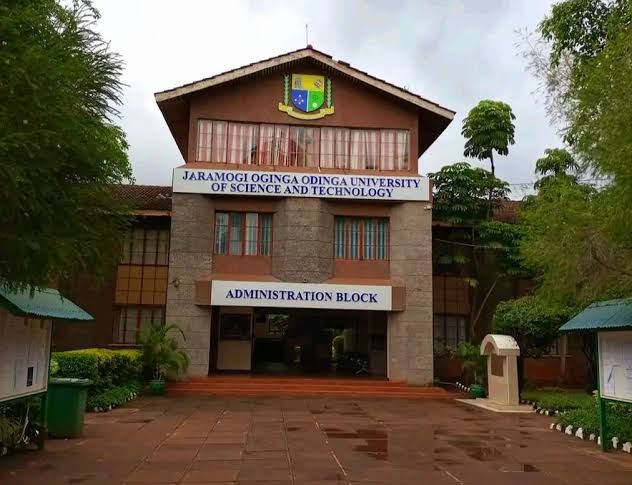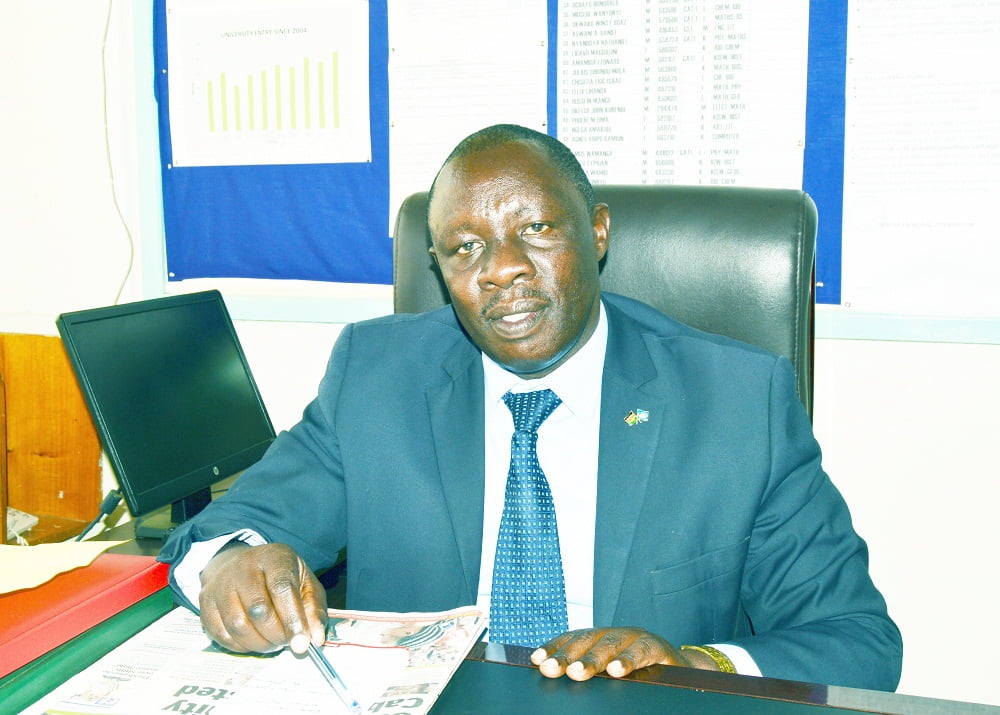If there were vacancies in the public schools, private schools would not have anybody teaching there. Most teachers prefer government over private school jobs.
In many private schools, a palpable sense of unease lingers. It is the look in the eyes of teachers who arrive early, teach diligently, mark heaps of books, supervise co-curricular activities, and yet are deeply unfulfilled. Beneath the surface of routine lies a longing – an unspoken desire to exit. Nine out of every ten teachers in private schools harbour a single, pressing dream: to join the Teachers Service Commission. Their hearts, souls, and minds are in TSC. Only their bodies remain behind, showing up day after day, fulfilling obligations with a heaviness that cannot be disguised.
The dissatisfaction is not without reason. For many teachers in private schools, the job is marked by instability. Contracts are often short-term and renewed arbitrarily, with little assurance of long-term security. A single disagreement with management or a perceived drop in performance can cost a teacher their job. There is no pension, no clear promotional ladder, and certainly no gratuity. In contrast, a TSC job represents permanence, predictability, and peace of mind. It comes with pensionable terms, medical cover, study leave options, and the assurance that no one can terminate your employment on a whim.
The difference in pay is perhaps the most glaring disparity. Private school teachers, even those who are trained and registered, often earn as little as KSh 15,000 a month – or less. This amount rarely increases, regardless of performance or experience. Meanwhile, their TSC counterparts enjoy salaries that are nearly triple, coupled with housing, commuter, and hardship allowances. It is difficult to maintain professional motivation when you know that another teacher, doing the same or even less work, is earning significantly more simply because the government employs them.
Beyond financial compensation, private school teachers face intense workloads and unrealistic expectations. Many are required to teach several subjects, across different levels and classes, with little preparation time. They supervise clubs, games, and remedial sessions, attend meetings that often extend into the night, and are expected to report before dawn. These schools often use their teachers as a marketing tool – parading them before parents and using results as a measure of success – yet fail to invest in their well-being. The pressure to perform is relentless, but the support to thrive is minimal.
READ ALSO;
Head teacher in Kisii leads lone fight against FGM to save girls from harm
Even more demoralising is the lack of recognition. In many private institutions, teachers are treated as expendable. Their views are often ignored, their professional autonomy curtailed, and their dignity compromised. Owners, sometimes with no background in education, interfere with pedagogy and impose measures that prioritise business over learning. The teacher becomes a mere implementer, not a partner in the educational mission. In stark contrast, a TSC teacher enjoys institutional backing, a clear code of conduct, and respect for their role as a professional educator.
This disparity extends to career progression. While TSC offers a defined path from classroom teacher to senior teacher, deputy principal, and eventually principal, private school teachers remain in one position for years, sometimes decades, with no promotion, no title, and no hope of advancement. Professional development is limited or nonexistent. Workshops, in-service training, and exposure opportunities are a preserve of TSC teachers. For the private school teacher, stagnation becomes the norm.
At the heart of this discontent is a deeper yearning for dignity. Being a teacher under TSC is still viewed as a badge of honour in Kenyan society. TSC teachers command respect from the community, are considered public servants, and are protected by unions. Their status offers not just better pay, but societal esteem. In contrast, private school teachers are often seen as lesser professionals, even by their own students. This stigma weighs heavily, creating a deep sense of inadequacy and envy.
When TSC advertises job vacancies, private school teachers leave no stone unturned. They sneak out to attend interviews, feign illness, or plead for permission under false pretences. They prepare documents in the dead of night, make frantic calls to friends in county offices, and wait anxiously for shortlists. The classroom may be their current station, but their destination is somewhere else. They are, in essence, teachers in transit.
This yearning is not rooted in laziness or lack of gratitude—it is a cry for equity, for a level playing field where professionalism is rewarded, and human dignity preserved. The current model, where private school teachers are overworked, underpaid, and undervalued, is unsustainable. If private schools wish to retain competent, loyal, and motivated educators, they must rethink their approach. They must offer better pay, recognise talent, provide job security, and foster environments where teachers can grow. Otherwise, they will continue to function as training camps for the government—a revolving door for teachers, who bide their time until the TSC calls.
Until that happens, the exodus will continue. The private school sector will remain a revolving door—training and losing talent in cycles. Teachers will continue to sneak away for interviews, with some returning disappointed and others leaving for good. The search for fulfilment will persist. Not because teachers are greedy or disloyal, but because every professional deserves to work with dignity, purpose, and a sense of peace of mind.
By Ashford Kimani
Kimani is the dean of studies in Gatundu North Sub-county.
You can also follow our social media pages on Twitter: Education News KE and Facebook: Education News Newspaper for timely updates.
>>> Click here to stay up-to-date with trending regional stories
>>> Click here to read more informed opinions on the country’s education landscape






